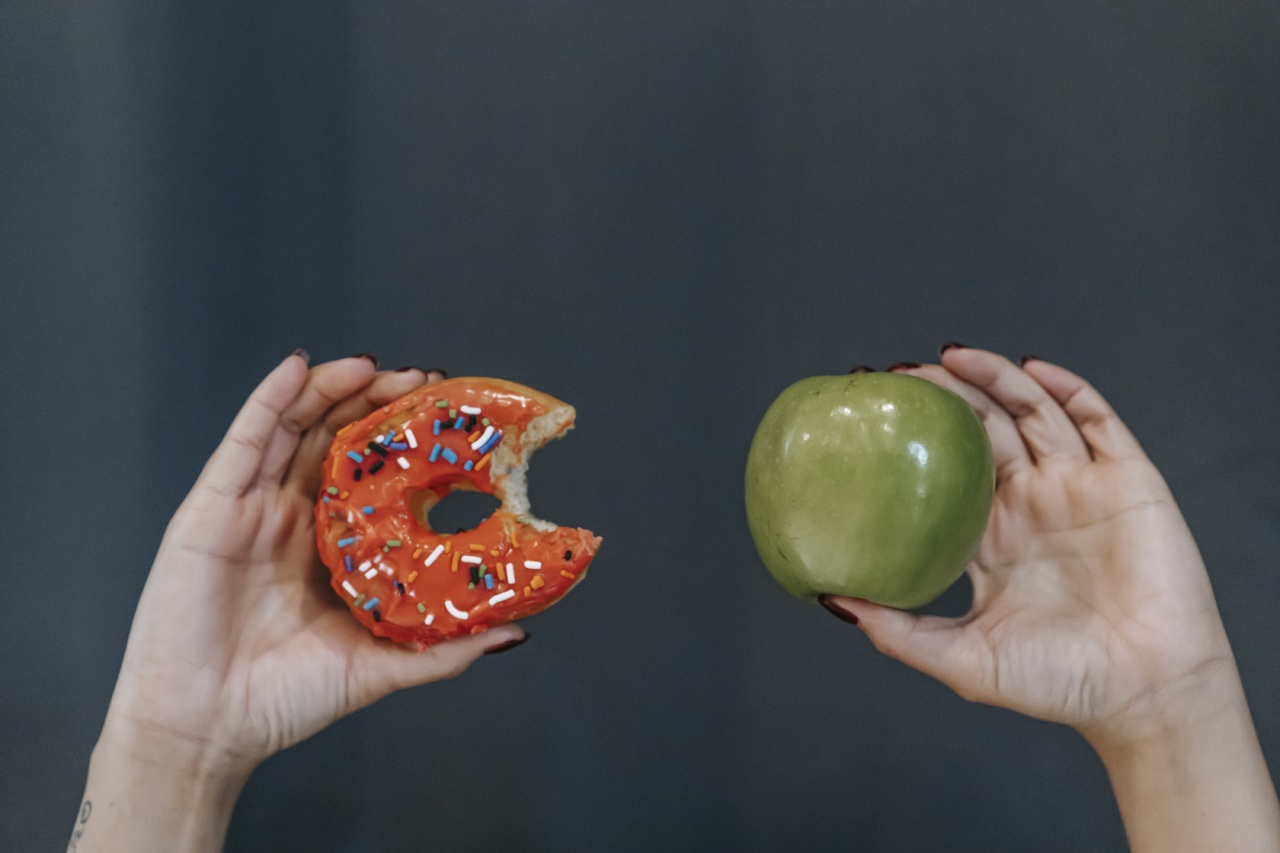Sugar is ubiquitous in modern Western diets that have been associated with several health problems over the years. People tend to consume different forms of sugars from sweeteners, candies, grains, cereals, fruits to even condiments like ketchup.
Excessive consumption of sugar products leads to several health problems such as obesity, diabetes, and cancer, among others. Despite the importance of cutting down on sugar, most people struggle with regulating its intake. If you’re looking to live a healthier lifestyle, here are some tips on easy regulation of sugar for a healthier lifestyle:.
Understand the Types of Sugar
Sugar comes in different forms and labels, and it’s sometimes difficult to understand which ones are beneficial or harmful. Breaking down the different types of sugars can help you make informed decisions and choose the right types of sugar.
Natural Sugar – Natural sugar occurs naturally in most foods, and it’s essential for energy and nutrient growth. Natural sugar is found in fruits, dairy products, and vegetables.
Added Sugar – Added sugar is any sugar or sweetener that is added to foods or drinks. Examples of added sugar include white sugar, brown sugar, corn syrup, honey, and maple syrup. They don’t have any nutritional benefits and often high in calories.
Refined Sugar – Refined sugar is known as ‘white sugar’ and is the purest form of sugar. It’s extracted from sugar cane or sugar beets, and it goes through a refining process that removes all its nutrients and minerals to leave only empty calories.
Unrefined Sugar – Unrefined sugar is sugar that still contains its natural nutrients. It’s gotten from natural sources like fruits and some vegetables, and it’s unprocessed. Examples include molasses, brown sugar, and honey.
Read Food Labels
One of the best habits for regulating sugar intake is reading food labels. Food labels contain important information about the sugar content of a meal and ingredients.
It’s essential to understand and differentiate the types of sugars that are listed on the food label, and this could be a good guide to make healthy eating habits.
Typically, food labels list the sugar content in grams per serving and recommend the daily value percentage for added sugars. Aim to have zero grams of added sugar, and look for low-sugar alternatives to some of your favorite foods and drinks.
A diet high in sugar often leads to cravings and binge-eating, leading to unhealthy eating habits.
Avoid sugary drinks
Sugary drinks like soda, energy drinks, and sports drinks have high sugar content and no nutritional value. They don’t provide hydration and are only filled with processed sugar and artificial flavors.
By avoiding sugary drinks, you can help regulate your sugar intake and make more informed choices. Choose water, low-calorie beverages, or natural fruit juices instead of sugary drinks.
Use natural sugar alternatives
Natural sugar alternatives are healthy substitutes for refined sugar and artificial sweeteners. They are low in calories, safe for consumption, and rich in natural nutrients. Some examples of natural sugar alternatives include:.
- Stevia – it’s a natural sweetener that’s extracted from the leaves of the Stevia rebaudiana plant. It contains zero calories and has a lower glycemic index, making it perfect for people who want to avoid sugar.
- Monk Fruit – Monk fruit is a natural sweetener obtained from the monk fruit plant. It’s a zero-calorie sweetener that has low blood sugar levels, thereby preventing sugar spikes.
- Honey – Honey is an all-natural sugar alternative that’s rich in vitamins and minerals like calcium, zinc, and iron. Consuming raw honey would also provide immunity benefits from its antibacterial properties
- Coconut Sugar – Coconut sugar is derived from natural coconut sap, making it an excellent sugar alternative. It has a lower glycemic index than white sugar and doesn’t spike blood sugar level.
Avoid Processed Foods
Processed foods are unhealthy choices filled with sugar, salt, and unhealthy preservatives. They are often calorie-dense, and they may lead to weight gain and metabolic syndrome. Breakup with processed foods, and learn how to make the right food choices.
Eat more natural whole foods like fruits, vegetables, lean protein, and fiber-rich options.
Reduce Sugar Intake Gradually
Regulating sugar intake is a long-term process that involves setting realistic goals and gradual change. It’s essential to ease into healthy eating habits and avoid drastic lifestyle changes.
Gradually reduce sugar intake over time and replace it with healthy alternatives to make the transition more manageable.
Eat Regularly
Eating regularly helps to keep you full and reduce cravings for sugar and other unhealthy foods. It’s essential to balance your meals and snacks to ensure that you’re consuming the right amount of nutrients.
Eating regular healthy meals would regulate your sugar metabolism and keep you satisfied for a more extended time.
Make Healthy Food Choices
Making healthy eating choices is the foundation of regulating sugar intake and living a healthier lifestyle. Eat more whole foods that have lower sugar content and are rich in vitamins and minerals.
Choose fiber-rich foods, such as whole grain and fruits and low-fat protein foods, such as fish, eggs, nuts, and lean meat.
Get Support from a Healthcare Provider
If you’re struggling with regulating sugar intake, seeking support and guidance from a healthcare provider could be helpful. A registered dietician, nutritionist, or doctor could provide tailor-made recommendations based on your health goals and needs.
They would help you craft an individualized plan for healthy eating habits and help you achieve more sustainable results.
Conclusion
Regulating sugar intake is an essential step for living a healthy lifestyle and preventing health problems. It’s crucial to understand the types of sugar and read food labels to make informed choices.
Using natural sugar alternatives, avoiding sugary drinks, eating regularly, and making healthy food choices all contribute to healthy eating habits. A healthier lifestyle requires gradual changes and regular reassessment of habits that lead to sustainable results over time.




























